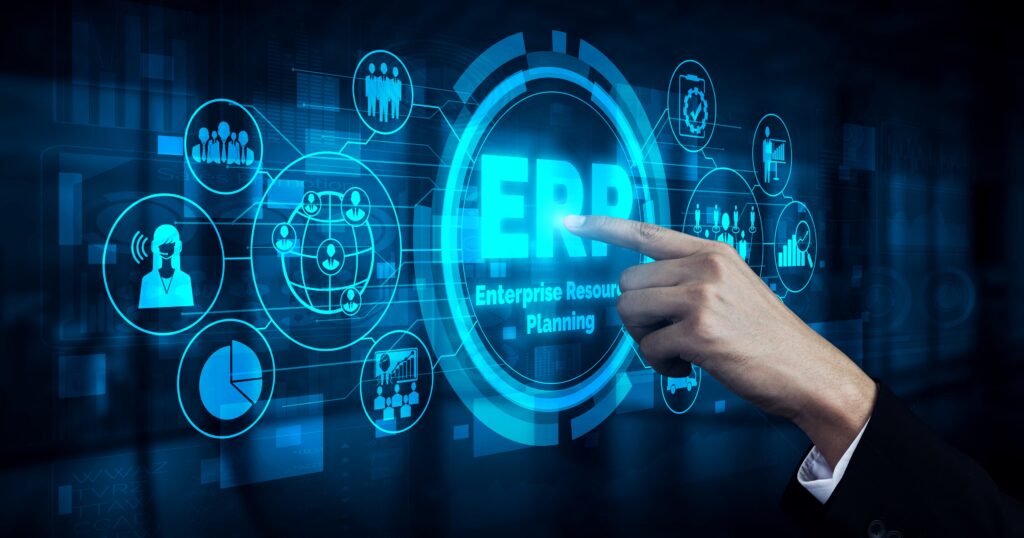Introduction
Educational institutions, like any other organization, generate and handle a vast amount of data and information. Managing this data efficiently is crucial for the smooth functioning and growth of the institution. Enterprise Resource Planning (ERP) solutions have emerged as powerful tools to streamline information management in various sectors, including education. In this article, we will explore the power of ERP solutions in educational institutions and how they enable centralized information management.
Understanding ERP for Schools
ERP for school is a comprehensive software solution that integrates various processes and functions within an educational institution into a single unified system. It provides a centralized platform to manage and automate different aspects, such as student information, admissions, finance, human resources, inventory, and more. ERP solutions for schools aim to streamline operations, improve efficiency, and enhance data management.
Benefits of ERP Solutions in Educational Institutions
Centralized Data Management: ERP solutions provide a centralized database where all relevant data, including student information, staff details, financial records, and academic records, are stored. This eliminates the need for multiple systems and reduces data duplication, ensuring consistent and accurate information across the institution.
Streamlined Processes: ERP solutions automate various processes and workflows, eliminating manual tasks and reducing paperwork. This saves time, enhances productivity, and enables staff to focus on more critical activities, such as teaching and student support.
Improved Communication and Collaboration: ERP solutions offer communication and collaboration features that facilitate seamless interaction among different stakeholders, including administrators, teachers, students, and parents. This enhances transparency, enables timely communication, and fosters better collaboration.
Enhanced Data Analysis and Reporting: ERP for schools generate comprehensive reports and analytics, providing insights into various aspects of the institution, such as student performance, financial health, resource utilization, and more. These insights help in making data-driven decisions, identifying trends, and implementing targeted improvements.
Cost Efficiency: By streamlining processes, reducing paperwork, and improving efficiency, ERP solutions contribute to cost savings for educational institutions. They eliminate the need for multiple standalone systems and reduce manual errors, resulting in improved financial management.
Key Features of ERP Solutions for Schools
Student Information Management: A robust module to manage student data, including enrollment, admissions, academic records, attendance, discipline, and more.
Finance and Accounting: A module that handles financial processes, such as fee management, payroll, budgeting, invoicing, and financial reporting.
Human Resource Management: A module to manage staff details, attendance, leave management, recruitment, performance evaluation, and training programs.
Timetable and Scheduling: A module that enables efficient management of class schedules, teacher timetables, and resource allocation.
Communication and Collaboration: Features for seamless communication among administrators, teachers, students, and parents, including messaging, notifications, and discussion forums.
Integration and Scalability: ERP solutions should be capable of integrating with other systems and allow for scalability to accommodate the growing needs of educational institutions.
Conclusion
ERP solutions have revolutionized information management in educational institutions. By offering centralized data management, streamlined processes, improved communication and collaboration, enhanced data analysis, and cost efficiency, ERP solutions empower educational institutions to optimize their operations and deliver better outcomes. With modules for student information management, finance and accounting, human resource management, timetable and scheduling, and communication and collaboration, ERP solutions provide a comprehensive platform for centralized information management.
Embracing ERP solutions for schools is a significant step towards achieving efficiency, transparency, and growth in educational institutions. As technology continues to advance, it is crucial for educational institutions to harness the power of ERP solutions to stay competitive and meet the evolving needs of students, staff, and parents.
